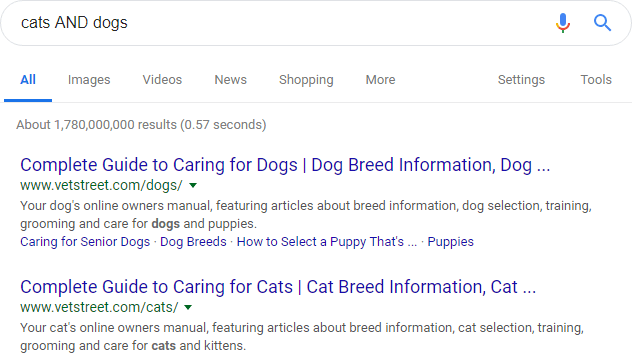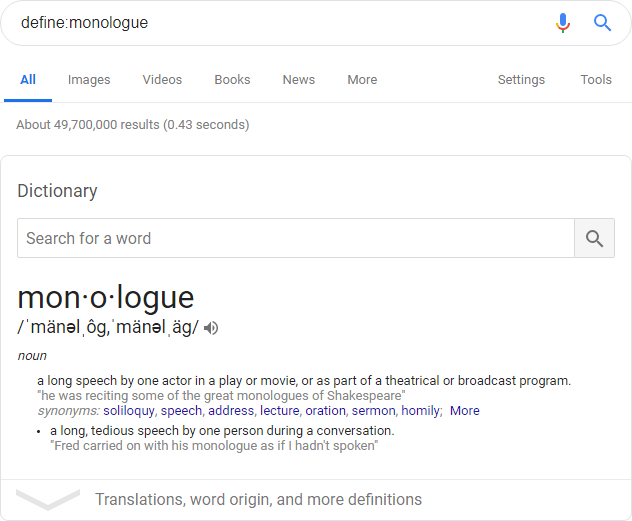Since discovering Google Search operators, our efficiency with the worlds biggest search engine has gone through the roof.
In some cases, it works out.
In others, something as simple as a symbol or extra character could have saved you so much time.

The+ (plus) operatoris just one example, which disappeared in 2011.
This has led to search operators becoming a bit of a secret and lost art.
For basic search purposes, youll find yourself using these more than any other operators.

search term
Google has been increasingly allowing synonyms to match your search terms.
Using quotation marks around your query, or part of your query, will force an exact match.
* (asterisk)
The asterisk search operator allows for wildcard searching.

Use it as a substitute for any term or phrase, before, after, or in between.
(hyphen)
The hyphen search operator will exclude any term or phrase directly after it.
Use it similar to how you would a mathematical function.

Anyone with a little bit of coding experience should find these to be very familiar.
AND
Using this operator will show results that are related to both terms.
OR
This operator will show results related to both terms or each term individually.

This is great for when youre researching a site to see what its presence on Google is like.
cache:
This operator unlocks a Google feature similar to what is offered by theInternet Archive.
For popular websites, the cached version can be as early as a few minutes ago.
For others, it may be several days.
Its a very interesting way to find alternatives to sites that you already love.
filetype:
Used alone, this search operator doesnt achieve much.
Well, Google Search has a few operators that are something like that.
These will allow you to get immediate, specific results.
define:
This operator allows you to get an instant definition preview of any word.
The broader locations will match to the most popular location in that region.
Information like the closing price, daily high and low, market cap, and more are also displayed.
map:
This operator will return a result from Google Maps related to any geographic location.
you could use any location descriptor: name, postal/ZIP code, coordinates, etc.
There are also ways that you might view your Google Maps search history andGoogle Maps location history.
These are the 21 Google Search operators that youll find most useful.
Many other operators that you wont find listed here dont work as intended the majority of the time.
Once youve mastered Google Search operators, finding exactly what you need becomes so much easier.
Memorize these and youll never have to worry about being lost on the Internet again!